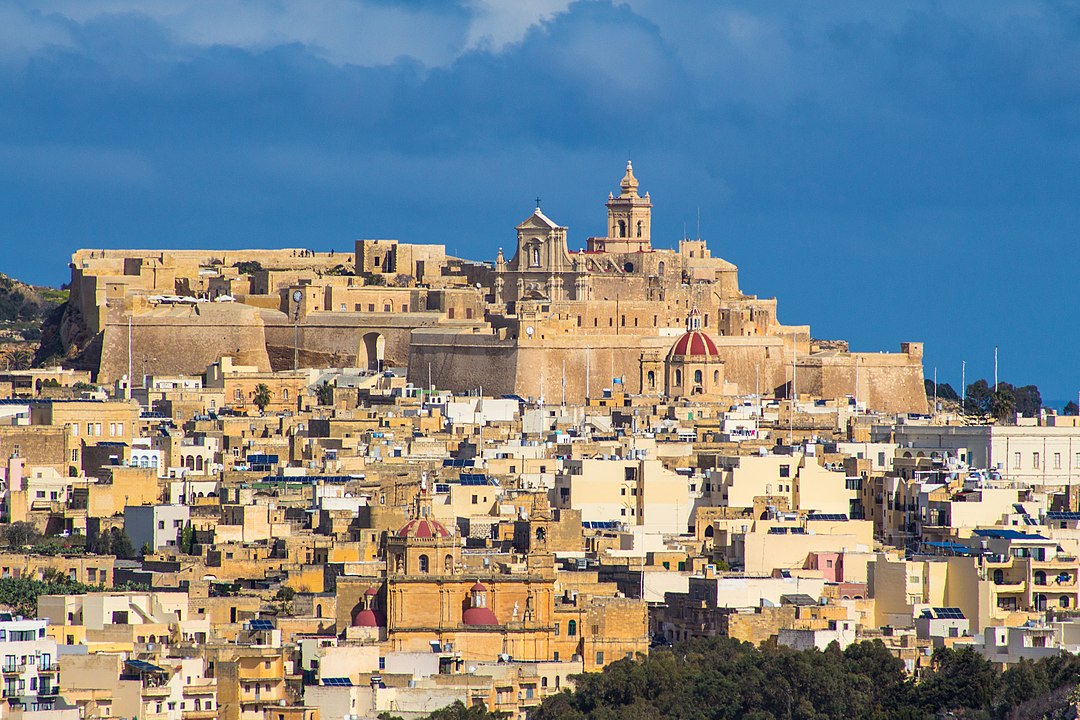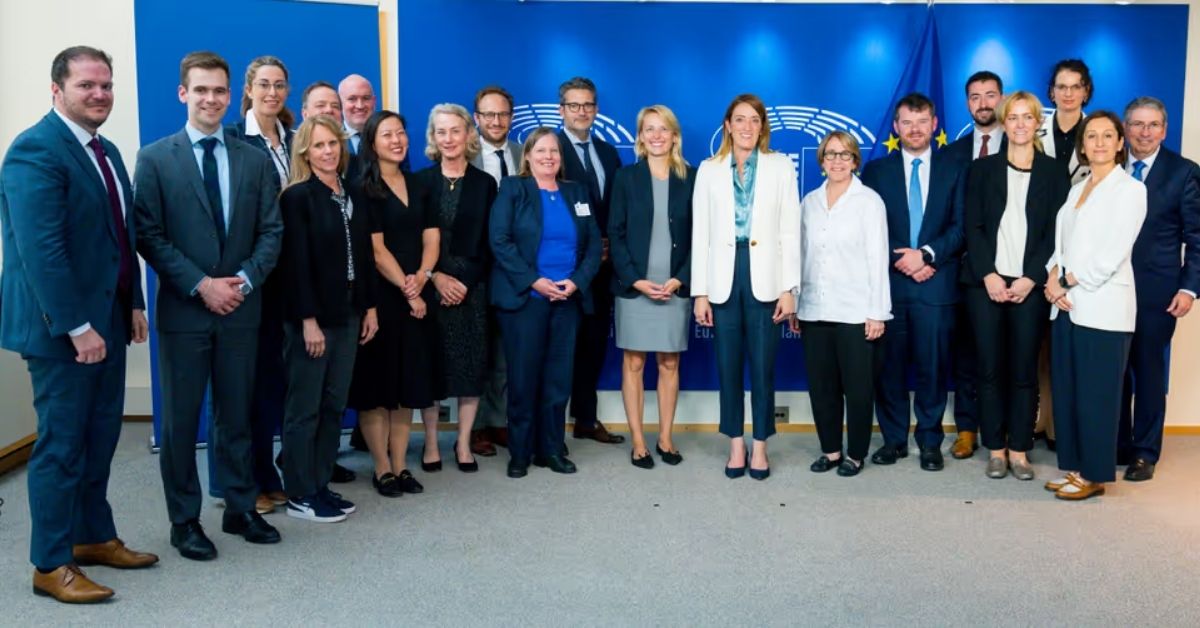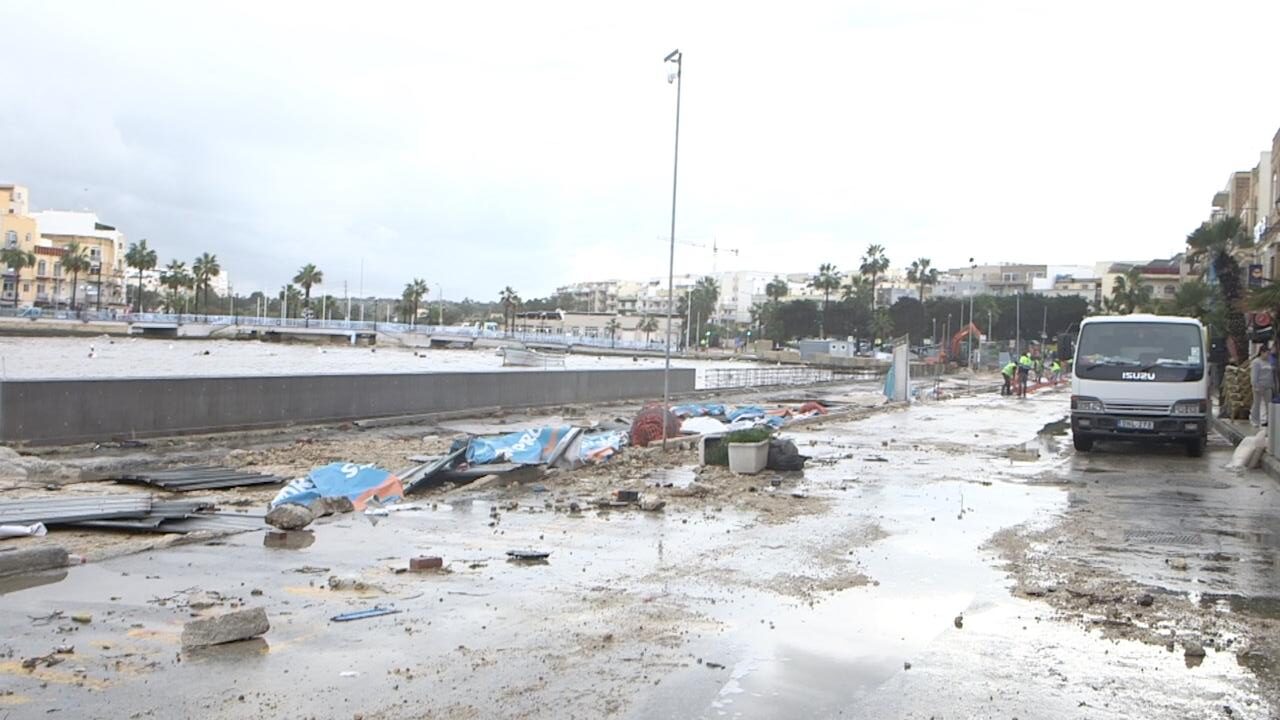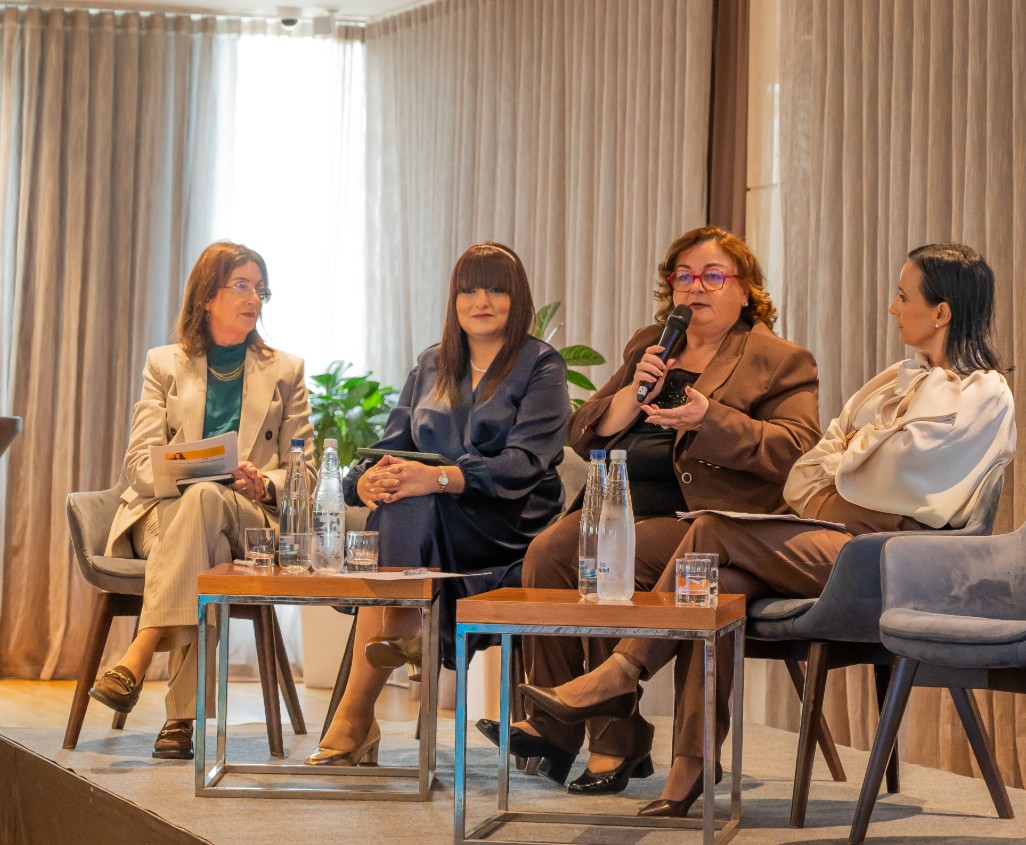The Gozo Regional Development Authority (GRDA) has issued its pre-Budget 2025 proposals, focusing on three key areas: reinvesting the tourism eco-contribution in the island’s tourism product, revising financial incentives related to training, and protecting the traditional streetscapes of housing estates.
The GRDA, a Government entity established in 2020, said that the three proposals adopt a long-term perspective towards Gozo’s long-term socio-economic development.
It also welcomed the adoption, in the last Government Budget for 2024, of its proposal to better target and align the stamp duty reduction on residential property in Gozo, referring to a roll-back of a reduction in stamp duty from five to two per cent for all property in Gozo. The low rate was blamed for a major construction boom on the island, known for its more rural character, as developers rushed in to take advantage of the beneficial rate.
The sale and purchase of properties within Urban Conservation Areas remains exempt from stamp duty, as is the case in Malta, with first-time buyers also eligible for a grant of up to €40,000
Delving into the first of its proposals for the upcoming Budget, expected to be unveiled in October, the GRDA noted that the suggestion to ringfence revenue from eco-contributions collected in Gozo for the upgrading of the island’s tourism product and infrastructure has been a consistent feature of its pre-Budget document.
The idea has also been floated by the Gozo Tourism Association.
The GRDA said that using revenues raised in Gozo for Gozitan needs represents “a more mature and extended regional approach to decision-making.”
It added that “ensuring that the revenue collected is reinvested in the economic activity that has been singled out to be taxed ensures legitimacy and acceptance by the operators.”
On the upskilling and reskilling of the workforce, the GRDA noted that the prevalence of microenterprises employing nine people or less “creates a vulnerability within the business ecosystem” due to the “inverse relationship between company size and employee participation rates in learning opportunities.”
In other words, small firms where every employee plays a key role will naturally find it more difficult to temporarily lose an employee to a training course.
To tackle the major barrier of time investment that hampers skills development for microenterprises, the GRDA is proposing a review of the current training fiscal incentives targeted for training and upskilling of workers.
Recognising the significant presence of microenterprises in Gozo and their inherent limitations in reskilling and upskilling their workforce, the GRDA suggests that training fiscal incentives for Gozo should cover not only training costs but also compensate for the productive loss experienced by employees while participating in training.
Crucially, it added, this should be accomplished without requiring employees to undergo training outside of paid working hours.
The third proposal aims to preserve Gozo’s traditional skyline and streetscapes, in line with the Government’s strategy to promote it as an “island of villages”.
The GRDA said that the “unique design, exhibiting harmony and coherence, merits distinctive recognition and protection.”
Specifically, the GRDA is proposing changes in the local plans for Government Housing Estates.
“These zones are overwhelming characterised by rows of terraced houses,” it said, “with their height in good proportion when compared to street width.”
Changes in the local plans, it continued, will ensure that the existing height and streetscapes are retained, “representing a positive step in line with Gozo Regional Development Strategy.”
French NGO accuses Metsola and MEP of working with USA to dismantle Green Deal
Bloom calls out EU officials for 'adopting the Trump administration's strategy' to torpedo corporate environmental due diligence
Storm-hit businesses can now apply under amended Malta Enterprise scheme
A new measure offers targeted aid to storm-hit businesses while giving non-compliant operators one year to regularise their permits
Access to finance and rising fraud risks discussed at Malta Women & Finance Summit 2026
Expert advice for spotting scams and opinions on investing






